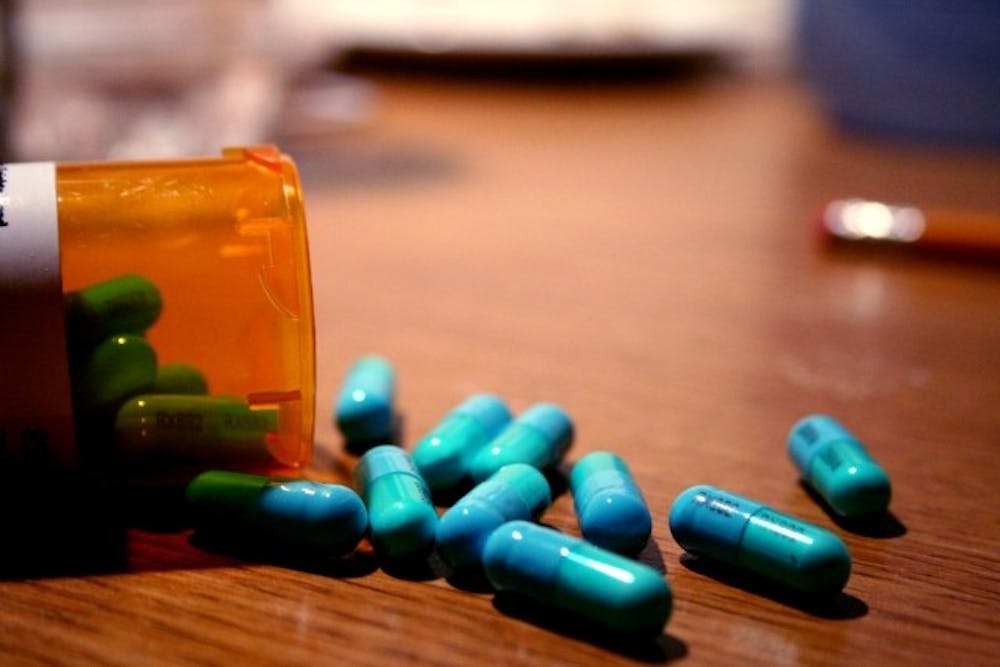
Courtesy of Michael Chen/Creative Commons
In light of the recent overdoses of laced MDMA by 10 students at Wesleyan University, concern about the purity of illegal drugs and about the responsibility of the administration is growing on college campuses.
“There aren’t a lot of materials out there to help people know if what they’re taking is real or not,” said College junior Annie Liu, co-president of Students for Sensible Drug Policy. “Students are going to be using drugs and the only way to really make sure that their drug use is safe is to let students know that there are resources out there to test their drugs or read about drugs in general."
“What happened at Wesleyan could easily happen here,” she added.
Some drug users explained common DIY methods of testing drugs. A high rise resident and College freshman who deals both cocaine and Adderall to Penn students said she operates on a policy of “try it before you buy it.” Another cocaine user and College sophomore on campus reports “gumming” the drug, the act of rubbing the powder along the gum line. “If it doesn’t numb your mouth, it’s not pure," he said.
The high rise resident said she is not aware of any potential consequences of dealing any of the drugs she distributes. “I don’t worry about getting caught at all,” she said. “The people I sell to are either people I know or friends of friends.” She said she gets her cocaine from a West Philadelphia dealer.
Penn’s drug policy states, “All University students are expected to comply with applicable local, state and federal laws regarding the possession, use or sale of alcohol or drugs, whether on or off-campus and are expected to comply with all University regulations regarding alcohol possession or use."
While College House staff must comply with University policy, they do not monitor individual students.
“If there’s something illegal going on, then me and my staff are going to address it,” said Frank Pellicone, house dean of Harrison College House. “If people are exhibiting behaviors that are problematic, we’ll try to talk to them about it. But our job is not to police the dorm.”
In collaboration with the Drug and Alcohol Peer Advisor Program, SSDP will be organizing a harm-reduction policy speaker panel during Spring Fling. Liu said that the groups will be passing out bags containing educational materials about different drugs, such as alcohol, marijuana and MDMA, as well as information on resources available to students who wish to know more about the drugs they are taking.
The Daily Pennsylvanian is an independent, student-run newspaper. Please consider making a donation to support the coverage that shapes the University. Your generosity ensures a future of strong journalism at Penn.
DonatePlease note All comments are eligible for publication in The Daily Pennsylvanian.





